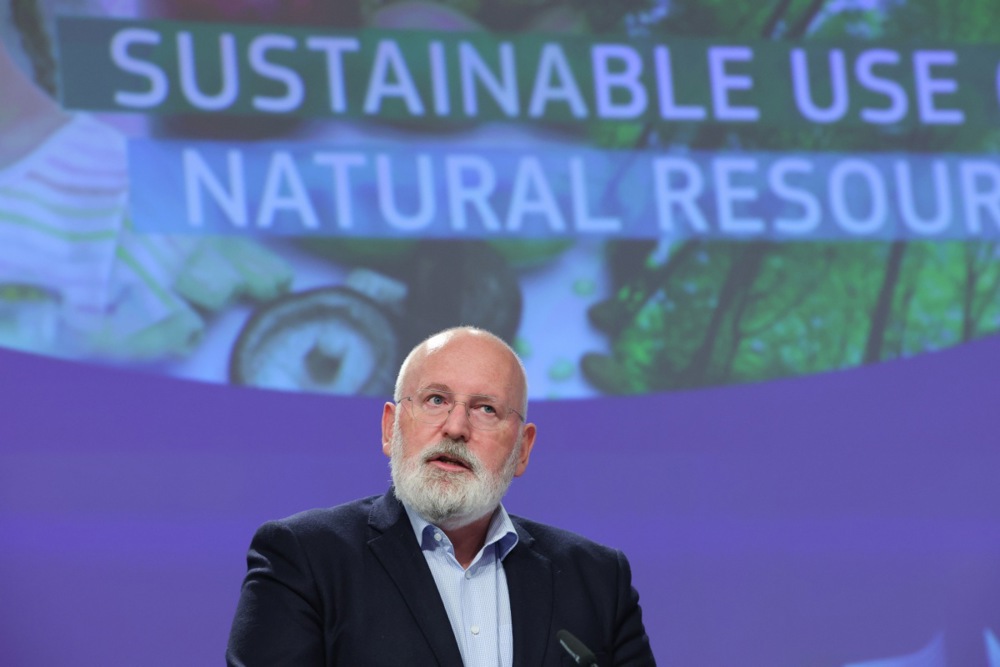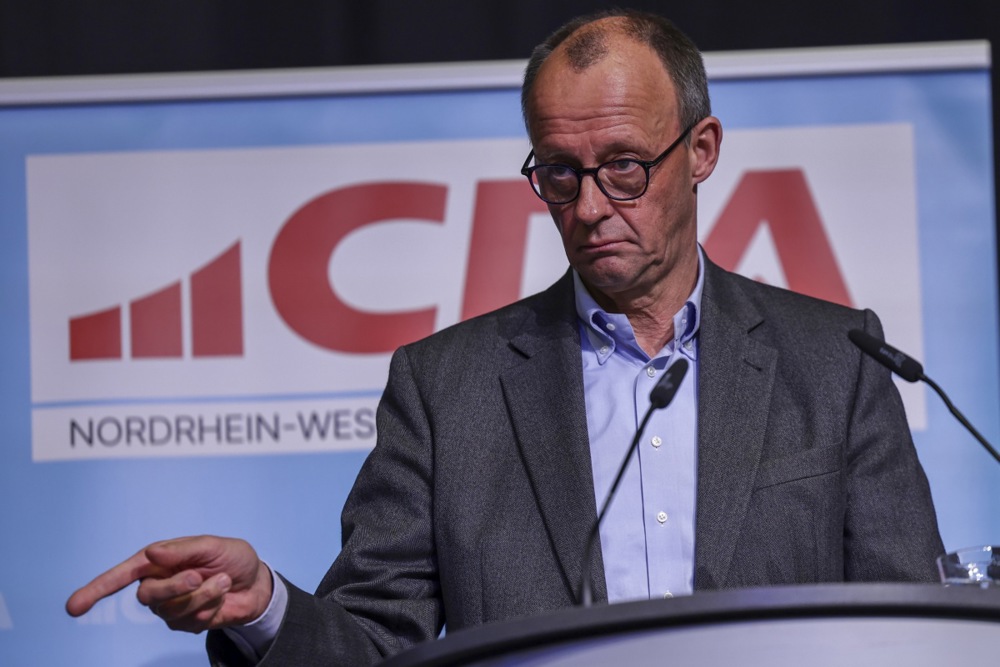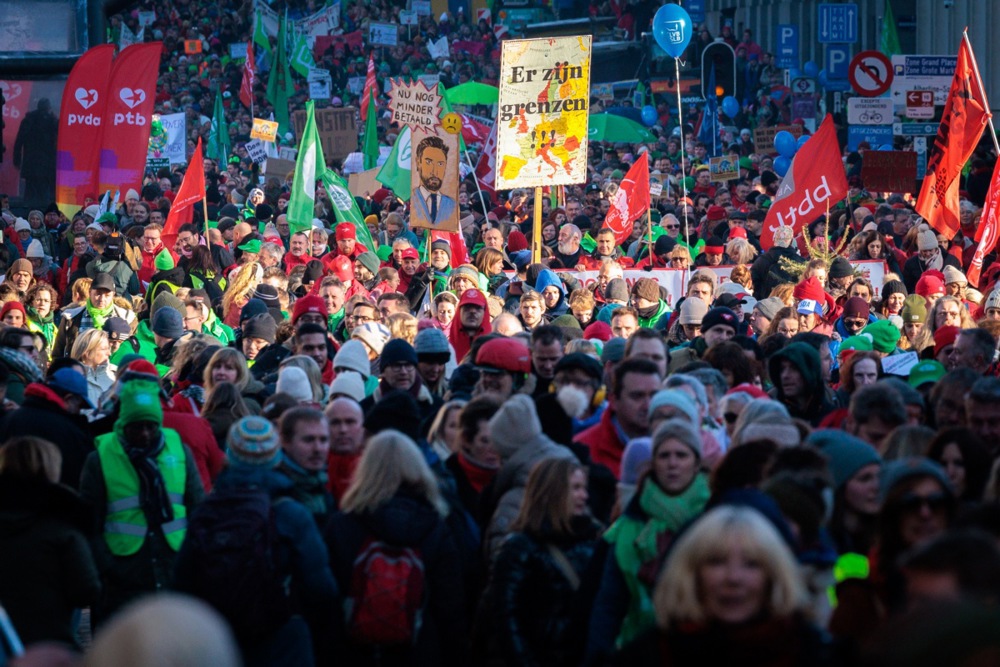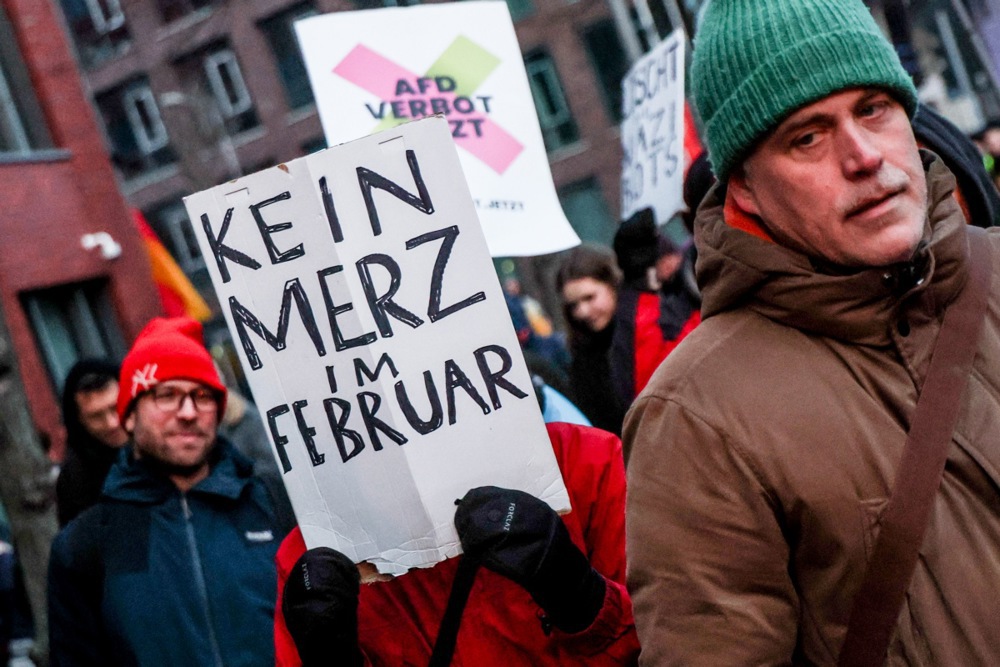European Union taxpayers’ money has been used to fund fringe groups actively lobbying against EU policies.
The FILTERED Project (From sILos To synErgies to pRevEnt ncDs), which claimed to promote the “commercial determinants of health”, had secured €1,155,399.15 in EU funding between 2023 and 2025, according to the European Commission.
Alongside working on the promotion of healthy lifestyles, the project has also actively lobbied against stakeholders and private businesses.
That seemed to go against the EC’s EU Better Regulation and its stated goal of “involving citizens, businesses and stakeholders in the decision-making process”.
Pieter Cleppe, vice president of the Belgian pro-free market think-tank Libera told Brussels Signal on February 9: “First of all, the EU should not be funding any lobby group but, if it does, that group should be banned from lobbying the EU.
“To then give in to calls to boycott rival lobby entities that are not EU-funded is really adding insult to injury.”
On the main website of FILTERED, it was claimed that its aim was to stimulate “collaborative advocacy, health promotion, action and accountability at European and national level for the prevention of NCDs [noncommunicable diseases] among civil society organisations specialised in advocacy linked to the reduction of alcohol-related harm, tobacco control and the reduction of the consumption of unhealthy foods and drinks”.
It highlighted that the project “will strengthen co-operation between all partners and other stakeholders to foster a co-creative approach and mutually beneficial partnerships, coalitions and strategic alliances in a culture of mutual learning, enrichment and respect to address the complex problems related to an integrated approach to tackling the main risk factors of NCDs (alcohol, tobacco and unhealthy foods and drinks)”.
It went on to demand that it should be prohibited for governments or the public sector to work with what it termed “health-harming industries” or those working to further their interests
FILTERED insisted these industries should be”denormalised” and refrain from calling themselves “socially responsible”.
That was illustrated with imagery on the website comparing industry representatives with snakes, rats and other vermin.
“The campaign, which ran for three weeks primarily on LinkedIn, used creative animal metaphors and engaging visuals to highlight the strategies these industries employ to shape public health policies in their favour,” it was stated on the site.
“From lobbying and spreading misinformation to promoting misleading corporate social responsibility initiatives, these industries are undermining efforts to protect public health across Europe.”

Eurocare was named as the co-ordinating body for the FILTERED project but its mission was not related to reducing the burden of cancer or creating any other health benefit.
Instead, Eurocare’s goals were lobbying-related. In its mission statement, it said it wanted to “work with policymakers, promote information and policy research” and “strengthen cooperation among civil society organisations through advocacy campaigns and better communication”.
Eurocare has received €399,897 for the current financial year from the EU.
It was previously known as the North of England Temperance League (UK Charity Commission). It has also received funding from the UK Temperance Alliance. Eurocare does not mention it temperance origins in the EU transparency register.
Its members included self-described temperance organisation such as International Organisation of Good Templars (IOGT).
Eurocare has argued in submissions to the World Health Organisation (WHO) that: “Economic operators should be treated similarly to the tobacco industry, and excluded from engagement with the WHO.”
This appeared to be in stark contrast to the United Nations and the WHO’s consensus position that member states should adopt “whole-of-society” methods. Every EU member state has endorsed this stance.
Eurocare was named as a reviewer of the WHO Regional Office for Europe’s “Commercial Determinants of Health” report in 2024. That advocated for “rethinking capitalism” and opposed trade liberalisation and free markets. It argued that all private sector entities were detrimental to health.
“…the primary interest of all major corporations is profit and hence, regardless of the product they sell, their interests do not align with either public health or the broader public interest,” it stated.
That appeared in direct opposition to the function of the free-movement principle of the EU Single Market. Despite this, Eurocare and the WHO Regional Office for Europe have continued to receive EU funding.
Brussels Signal also reached out to the EC and Eurocare but had not received a reply at the time of writing.
Secret contracts between the European Commission and “green” NGOs were reportedly part of an alleged “shadow lobbying scheme”, according to a Dutch newspaper. https://t.co/cAWxagk9TA
— Brussels Signal (@brusselssignal) January 23, 2025





